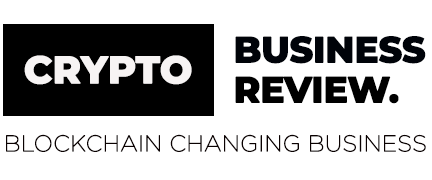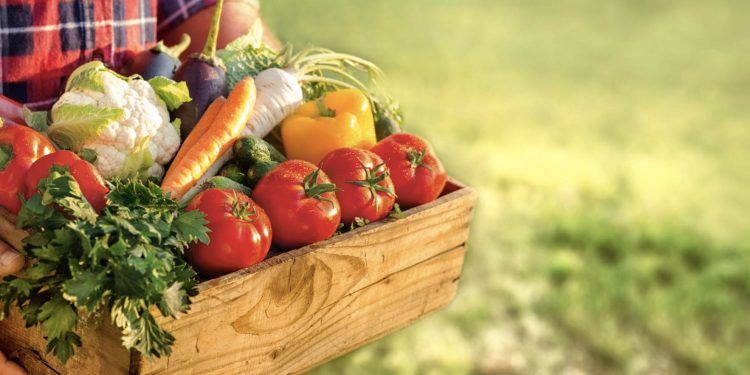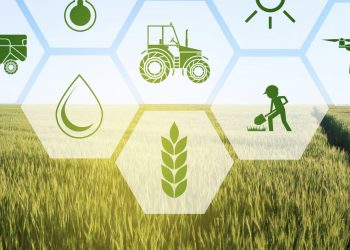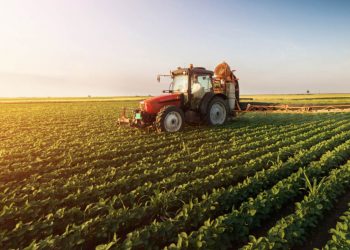*This text is part of the study “Blockchain: The New Normal for Food Supply Chain Management“, published by Salad Plate. The full study can be read here.
The demand for organic and sustainable food is increasing. To meet the demand, companies are trying to embrace the trend by carving out strategies to prove the organic and sustainable nature of their products by providing more data to the consumers.
While a lot of products claim to be organic and sustainable, there is no way to prove those claims. Disclosure of data would hold businesses accountable for farming and trading practices and would support claims like organic, sustainable, freshness and quality.
According to a report published by the United States-based Food Marketing Institute (FMI), public demand for transparency is growing. The report found that 75% of consumers are more likely to buy brands that provide in-depth information beyond what is on physical labels.
Traceability and transparency in the food supply chain will increase food safety and will reduce food fraud.
In 2013, the European food industry was shaken when horse meat was found to be in products which did not list it as an ingredient, a classic example of food fraud.
With the growing implementation of blockchain in the food supply chain, opaque data sourcing is limited to companies reliant on intermediaries and paper-based records. Blockchain implementation will facilitate $31 billion in food fraud savings by the year 2024, according to data from Juniper Research.
Traceability in the food supply chain isn’t just to satisfy the whim of consumers. It is a crucial component for the industry at large as it improves food safety. For instance, in 2017 the US FDA investigated a fatal Salmonella outbreak linked to papayas imported from a Mexican farm. To identify the source of the outbreak, they conducted hundreds of interviews and studied various samples in a lab.
Blockchain can reduce the process of finding the responsible suppliers to seconds. By using the technology, stakeholders can trace the corrupt crop to a particular farm and can remove it from the supply chain.
Blockchain is taking over the F&B industry at an accelerating pace. According to research by Gartner, 20% of the top 10 global grocers by revenue will be using blockchain for food safety and traceability to create visibility to production, quality and freshness.






